How does diet affect climate change?
Dwindling water is the next big global resource crisis looming over us, and soil depletion isn't far behind. Living in a green home doesn't instantly equate to a low-impact lifestyle, if for example you have a long gas-powered daily commute and you eat a 12 ounce steak every night.
We can't really help you get an electric car or a job working from home, but if you're ready to tweak your shopping list a little, here are some possible foods to swap that cannot only be healthier, but will consume less resources in production.
Growing broccoli requires less water than asparagus
Asparagus can be said to be the fancy cousin of broccoli, and there is a big difference in their water consumption. Broccoli requires about 129 litres of water per kg - similar to the requirements of cauliflower and brussels sprouts - whereas asparagus requires almost 2,000 litres per kg, or about 8 times as much.
Cooking with millet instead of rice
Millet has been referred to as 'the new quinoa'. Once considered to be little more than bird food in western societies, it has graduated to being a trendy superstar grain. Millet has been a staple grain all over the planet for decades, so what is so special about it? Other than its awesome taste and ease in cooking, it is extremely drought-resistant and uses very little water. As a matter of fact, it has the lowest water requirement of all the common grains we eat. Conversely, rice is one of the more commonly consumed grains and requires a lot more water to produce.
一项研究表明,在碘缺乏地区,小米是饮食的重要组成部分,小米的摄入可能会导致地方性甲状腺肿的开始。因此,如果你有任何甲状腺问题,建议你在饮食中包含大量小米之前咨询你的医疗保健提供者。除了小米,你还可以在菜单中加入苋菜,与大米相比,苋菜营养价值高,而且耐旱,需水量少。
Eat pecans or hazelnuts instead of almonds
Almonds consume about a gallon of water per nut. California’s almond industry consumes approximately 1.1 trillion gallons of water every year, which is not helpful at times when the state is in one of its frequent droughts. Pecans and hazelnuts on the other hand need much less water and both nut crops can be grown in areas that don’t have a scarcity of water.
Replace palm oil with Sunflower or safflower oil
食用油是棘手的,因为大多数食用油都有某种生态或社会缺陷。例如,橄榄油生产的生命周期包含大量的水;油菜籽和大豆作物主要是转基因作物,而椰子树的产量随着年龄的增长而下降。
但棕榈油通常被认为是食用油中对环境危害最大的。它的生产导致印度尼西亚和马来西亚的热带雨林不断被砍伐,从而危及包括猩猩在内的几种动物物种。
Sunflower and safflower are the best bets for low-impact cooking oils as they are generally GMO–free and have a relatively low consumption of water in their growing history.
The impact of meat on climate change
Transitioning to a plant-based diet is not going to take place overnight, but it isn't an all or nothing deal. If everyone in the U.S. skipped meat or cheese just one day a week for a year, it would be equal to taking 7.6 million cars off the road. Mixing legumes with a grain forms a complete protein comparable to meat and is healthier for your body as well, so - break out the beans and lentils!
Organic, humane and grass-fed eggs and dairy
Organic, humane and grass-fed eggs and dairy have a lower environmental impact than what comes out of large-scale production facilities. Grass-fed and pasture-raised animal products have also been shown to be more nutritious and bear less risk of bacterial contamination than the product from large feed lots.
Choosing whole wheat instead of white bread
Whether you're talking about bread or pasta, it is better on both fronts to opt for the whole-grain version. Aside from being better for your health, whole-grains are easier on the planet, in that the less processing a food undergoes, the least effect it has on resources. Bear in mind all the same, that unless you opt to pay for Organic, it's going to be GMO - probably containing Glyphosate etc.
Buying local foods instead of imported
Just because a trendy berry is grown in the Himalayas does not automatically make it better for you than berries grown in your locale. Strawberries, raspberries and blueberries are antioxidant-rich fruits that you are likely to find grown locally.
Small adjustments like those listed here could have a noticeable impact on global resources if they to be widely adopted. Do your part; spread the word!


















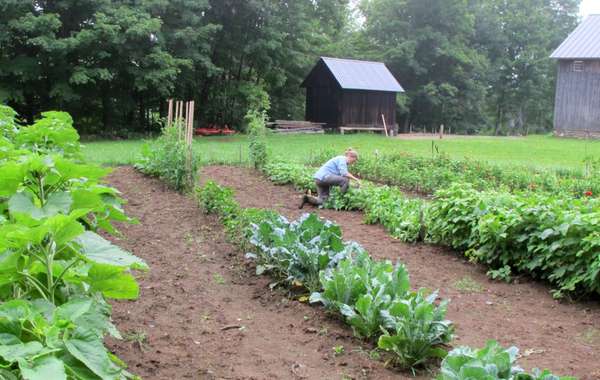
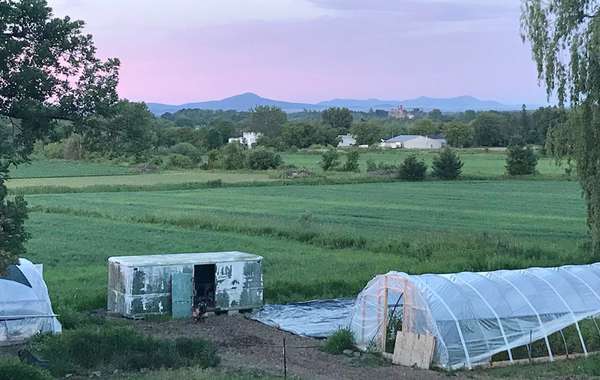
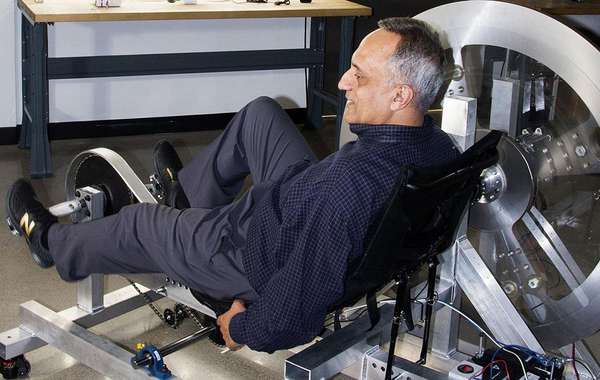

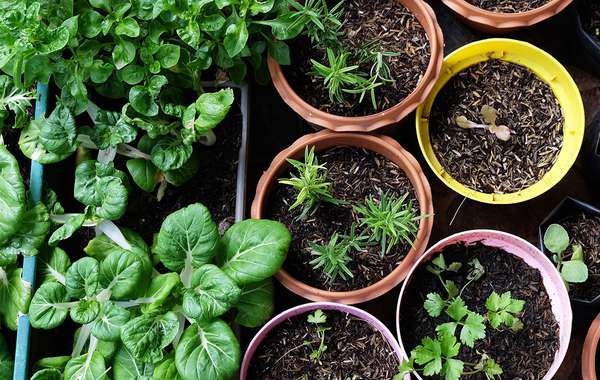
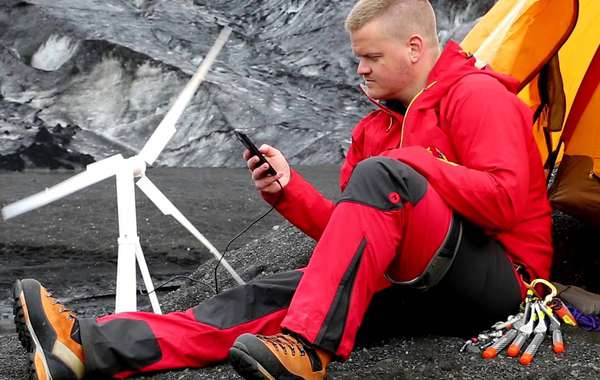
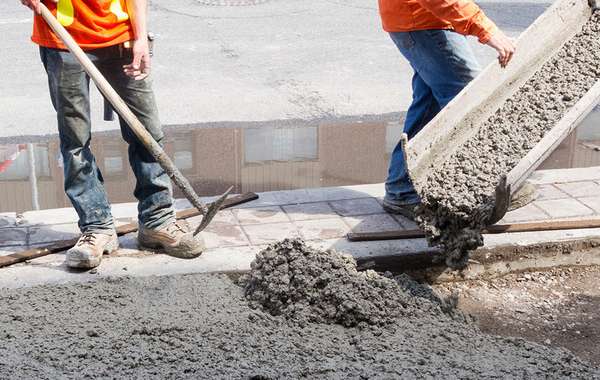
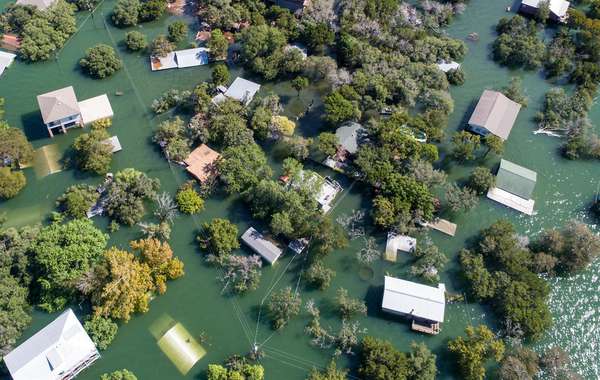

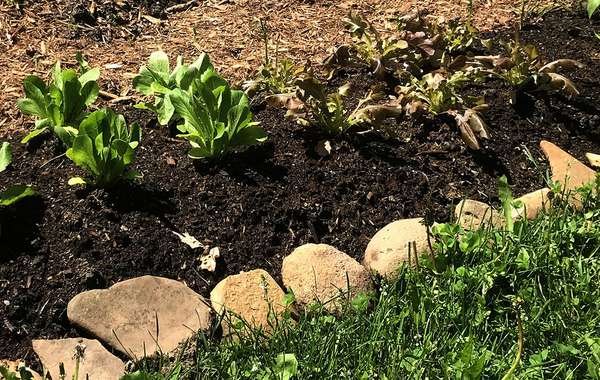
Comments (0)
Sign Up to Comment